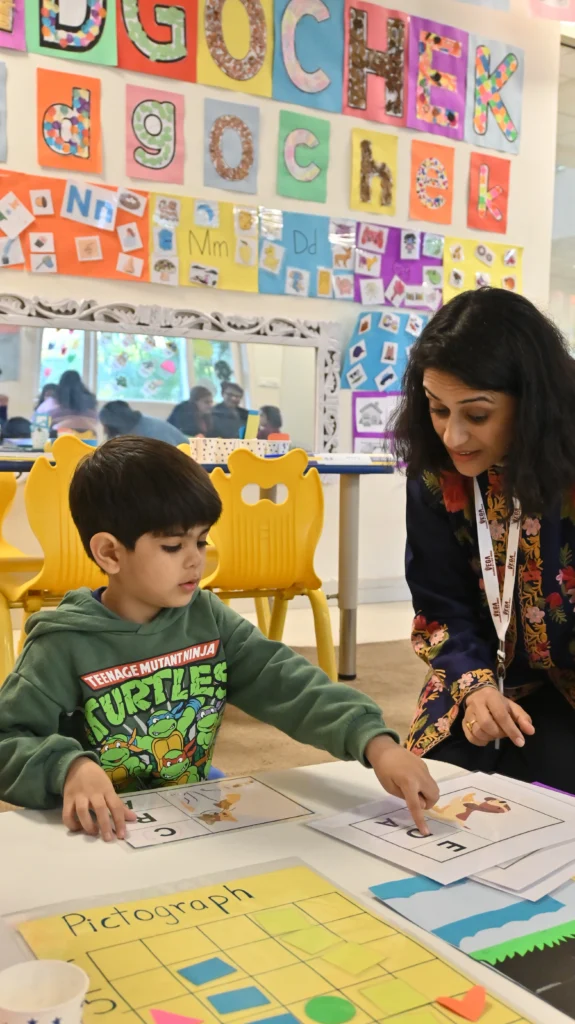In educational contexts, traditional testing has long been the mainstay for evaluating students’ progress. These approaches, which are frequently focused on examinations or standardized assessments, emphasize memorization and the capacity to recall material in a condensed amount of time. This method has come under growing fire for failing to adequately represent a student’s skills, development, or potential, even though it could offer some insights into their academic comprehension.
Alternative assessment techniques that provide a more thorough, all-encompassing picture of a student’s learning path have drawn attention from educators in recent years. By eschewing standard testing, instructors may assess student development in a more personalized and relevant manner.
The Drawbacks of Conventional Testing
The entire spectrum of student skills is frequently not captured by traditional assessments. These tests usually concentrate on short-term memory and don’t reveal information about a student’s capacity for creativity, critical thinking, or long-term retention.
Additionally, standardized examinations can put pupils under unnecessary stress and disfavor individuals who might be better at other skills, including problem-solving or practical application. Even though they may be exceptionally talented in other areas, students who suffer from test anxiety or have learning difficulties may fail to do well on standard tests.
- Formative Evaluations
Continuous evaluations that take place during the learning process are known as formative assessments. These might be group projects, class debates, or tests. They enable teachers to modify their teaching methods by providing them with frequent feedback about a student’s comprehension. Formative assessments, as opposed to standard exams, concentrate on learning progress over time and might offer more individualized insights into a student’s growth.
2. Project-Based Education
In project-based learning (PBL), students spend a lot of time working on real-world issues. PBL allows students to use their knowledge and abilities to tackle challenging problems, frequently in group settings. This kind of evaluation assesses critical thinking, creativity, communication, and teamwork in addition to academic comprehension. It more accurately represents how students will use what they have learned outside of the classroom.
3. Portfolios
Students may showcase their learning experience by building a collection of their work over time in a portfolio. This approach promotes introspection and gives pupils the chance to showcase their abilities in a variety of settings. Essays, artwork, research projects, and even video presentations can all be included in a portfolio. Teachers may evaluate development, innovation, and advancement by looking at these artifacts rather than simply the finished product.

4. Self-and Peer Evaluation
Students are encouraged to participate in the evaluation process by including peer and self-assessment. Peer evaluations promote cooperation and critical thinking by enabling students to comment on one another’s work. Conversely, self-assessment motivates pupils to consider their areas of strength and growth. Both strategies support a development attitude and a greater comprehension of the subject matter.
5. The Value of a Holistic Perspective
A more comprehensive method that takes into account a student’s overall development is becoming the emphasis of contemporary educational evaluation. Teachers today understand the value of emotional intelligence, teamwork, and personal growth rather than relying just on one-time assessments to gauge student achievement.
Students should be given the chance to demonstrate their prowess in non-traditional learning styles, such as problem-solving, collaboration, and creative thinking. Future teaching strategies may be informed by this more thorough assessment paradigm, which fosters a deeper comprehension of a student’s learning process.
In conclusion
Even while traditional testing is still used extensively in education, it is increasingly becoming clear that it is not a reliable indicator of a student’s development. Teachers can provide a more nuanced picture of students’ development by adopting alternate assessment techniques such as formative assessments, project-based learning, portfolios, and peer/self-evaluations. These methods evaluate vital life qualities like creativity, problem-solving, and teamwork in addition to academic performance. A more inclusive, encouraging learning environment is created when evaluation is done using a more holistic approach, allowing pupils to flourish and acquire a wider range of abilities for success in the future.
Vega Schools offers holistic education to children in Delhi NCR and is rated among the top Schools in Gurgaon. Its modern infrastructure, facilities, and experienced teachers are a big asset to the learning & development of students, be it for Nursery, Primary or Senior children making Vega Schools the best schools in Gurgaon. For information about admission please visit the Vega Schools campuses in Sector 48 and Sector 76 Gurugram.
